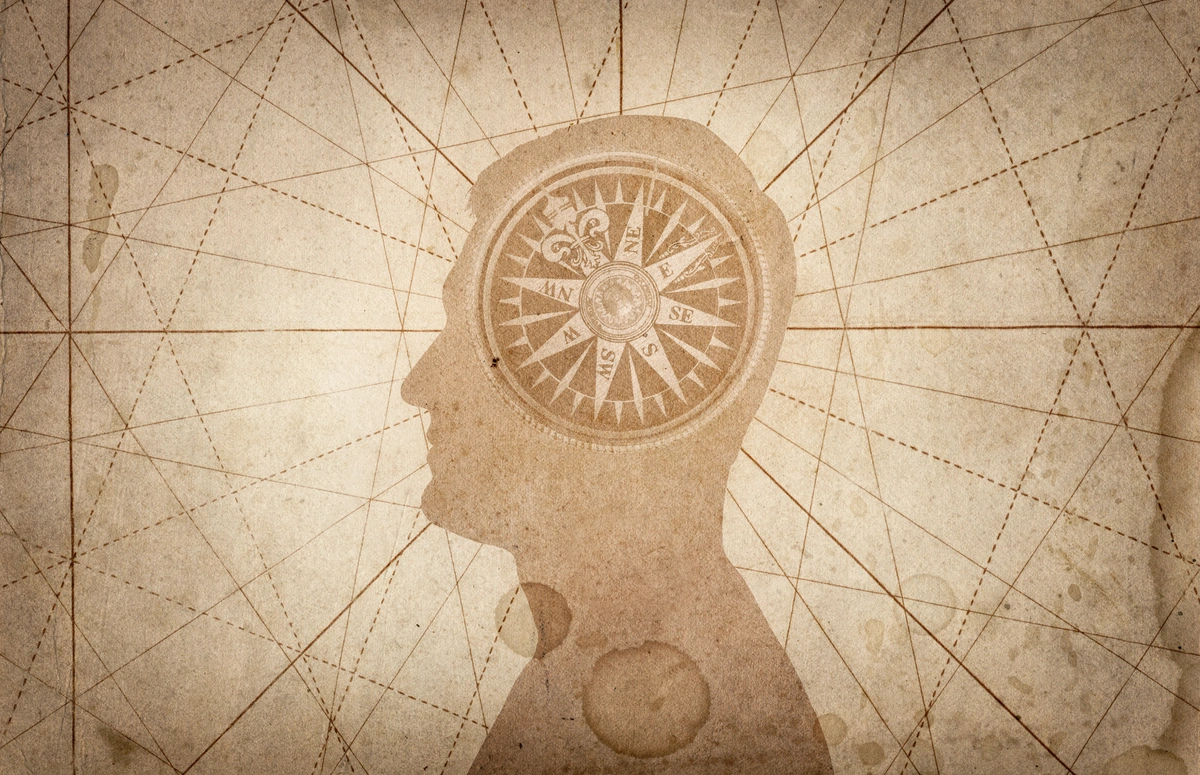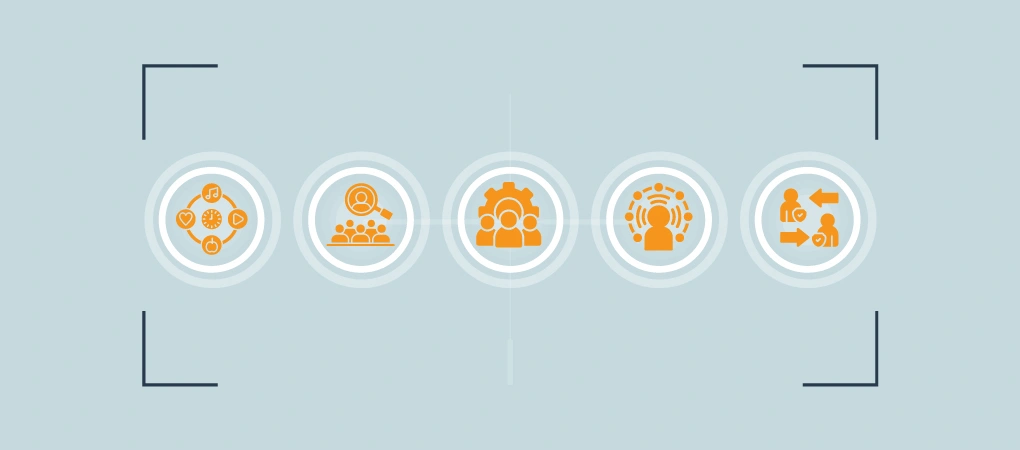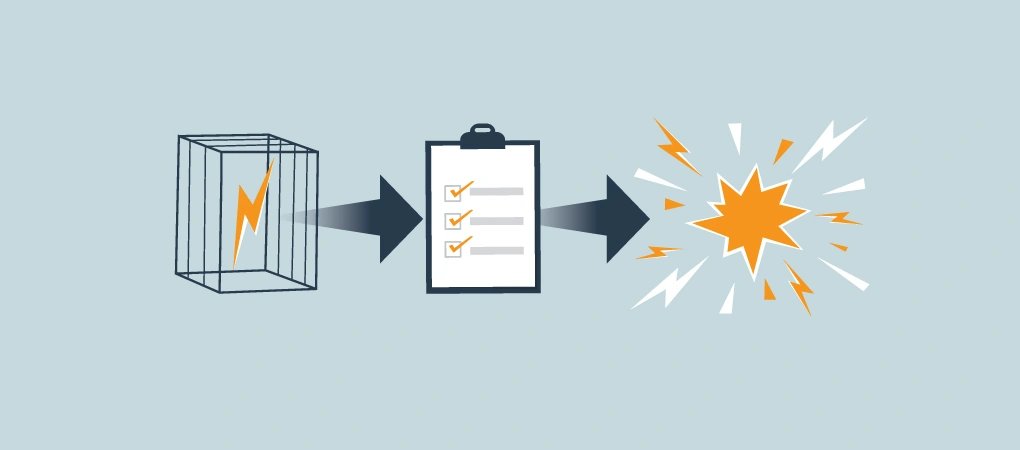How To Assess Tradition-Directed, Other-Directed, and Inner-Directed Character Traits As An Entrepreneur
Dan Sullivan

Written by prominent sociologist David Riesman in 1950, The Lonely Crowd: A Study of the Changing American Character is a sociological analysis that provides an exciting framework for understanding people’s values and motivations, and despite being over 70 years old, it’s still useful today.
Riesman observed that people fall into one of three categories and hypothesized that, at some point, one category would disappear while the other two grew.
The three categories are:
- Tradition-directed
- Inner-directed
- Other-directed
The tradition-directed character trait.
Tradition-directed people spend their lives in communities that are primarily religion-, location-, or ethnicity-based. Much of the world is tradition-directed. However, technologically and economically advanced countries like the United States are less so, as the culture is more individualistic.
Riesman explains that some people leave tradition, but they’ve likely internalized fundamental rules and norms from their community. So, even though they might not be actively involved in any practices, tradition still regulates their lives.
The inner-directed character trait.
Inner-directed people have their own sets of values, and what they consider meaningful isn’t determined by outside forces or tradition. Additionally, inner-directed individuals relate most to others who aren’t bound by tradition. You can often look to entrepreneurs to find inner-directed character trait examples since they must have a solid internal compass to do what they do.
The other-directed character trait.
Other-directed individuals regulate their norms and values through other people’s opinions. They aren’t responding to tradition- or inner-directed values but rather to the shifting value systems of others. For other-directed individuals, who you are is determined by what’s acceptable to those around you. Unlike those who are inner-directed, other-directed people rely on others to act as their guiding compass.
Riesman believed that the growing number of other-directed individuals was a function of radio, automobiles, and television. In his book, he predicted that the character of the American population was going to become more other-directed, meaning more individuals would be dominated by the opinions, judgments, and gossip of others. And he was right: the number of individuals with other-directed characters has only grown since the book was written, especially in our digital age.
I’m not tradition-directed or other-directed. I have a set of inner-directed principles that guide my character, and I’m largely immune to the values of the other groups. I did carry forward character traits from my upbringing, at which point they became self-created.
Determining your character traits as an entrepreneur.
To discover whether you’re tradition-directed, inner-directed, or other-directed—as explained by the above character examples—answer these seven questions:
- Are you spending time on tradition?
- What are your standards for judging things?
- What makes you feel like you’ve made personal progress?
- What are your criteria for meeting people and having great relationships?
- What are five things that are worthwhile for you?
- Do your beliefs/passions require the support of others?
- Do your values change based on external forces?
Think about how much time you spend watching television or scrolling through social media. Reflect on what you do and think about, and assess where those actions and beliefs originate. Consider what you read and watch and whether it encourages you to generate your inner-directed character.
This will help you consciously adopt your chosen character traits, not simply fall into a category by default.
Traits of inner-directed entrepreneurs.
My experience is heavily influenced by coaching individuals who are outliers. As entrepreneurs, our clients have bet their future on something that comes from the inside. I believe entrepreneurs are fundamentally more inner-directed than any other category of people.
Successful entrepreneurs tend to have a robust inner-directed character and confidence in their vision—so much so that they can largely ignore other people’s opinions about it.
Entrepreneurs are comfortable being by themselves. Their relationship quality—not quantity—determines their reality. They’re selective about whom they ask for advice because they seek others whose inner-directed character traits resonate with their own.
While Reisman grouped individuals into one of three character trait categories based on where they direct their attention, I believe the world is further divided into two types of people—“needers” and “wanters”—based on how they operate in the world. Learn the difference and how to shift into the world of wanting in my ebook Wanting What You Want.







